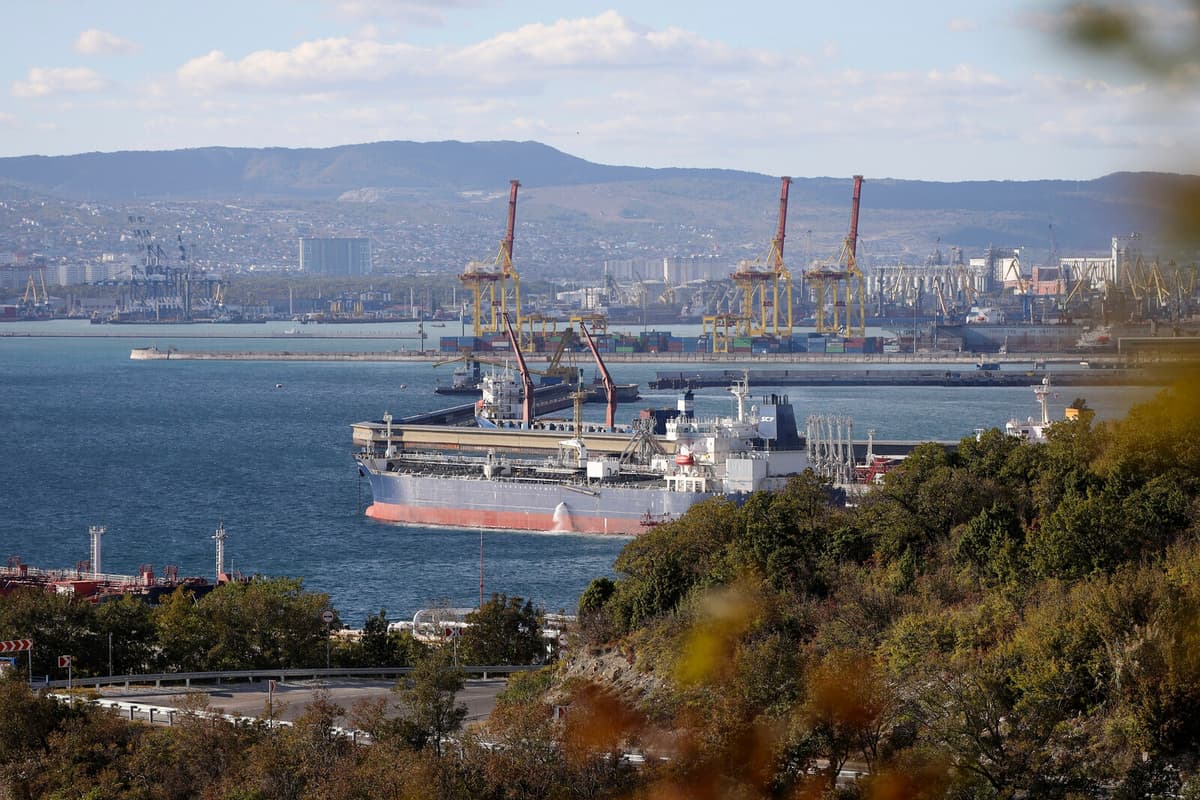A chilly March morning, the British coastguard discovered something unusual about ten miles from the Scottish coast: A dark spot stretching 23 kilometers out into the North Atlantic, reports Politico.
An internal analysis showed that the spot likely came from the tanker Innova, which was carrying a million barrels of sanctioned oil from Russia, en route to a refinery in India.
Innova, sailing under the Vietnamese flag, is approximately the same size as the Eiffel Tower and is one of hundreds of ships in the so-called shadow fleet.
"Ticking bomb"
An investigation by Politico and the non-profit journalism organization Source Material, using satellite images and shipping data, reveals at least nine cases where such ships have caused minor spills of potentially environmentally hazardous substances worldwide since 2021.
The fact that they often lack insurance due to sanctions makes it difficult to hold anyone accountable in the event of a larger spill. And experts warn that the risk is high:
It's a ticking time bomb, says Isaac Levi, an expert on shadow fleets and Russia, affiliated with the Helsinki-based Centre for Research on Energy and Clean Air (Crea), to Politico.
The risk of these outdated ships being involved in an accident increases even more when they turn off their transponders or send out false positions, which is often reported to happen. Collisions then become harder to avoid.
Tip of the iceberg
The nine spills detected by the investigation only concern ships that had their transponder systems turned on and can thus be linked to the dark spots visible in satellite images.
Ships in the Russian shadow fleet, like Innova, are highly relevant ahead of further targeted sanctions from the EU.
Michelle Wiese Bockman, freight analyst at the British shipping newspaper Lloyd's List, tells Politico that the ships are designed to transport sanctioned oil as cheaply as possible, with no regard for conventional maritime standards.
I'm completely convinced that what you've discovered is the tip of the iceberg, she says.
Following the large-scale invasion of Ukraine in 2022, the EU and the US, among others, have imposed sanctions on Russia, primarily targeting oil and gas.
Among others, the US and Canada have banned all imports of Russian oil and gas. The EU has introduced measures that will effectively stop 90 percent of imports, with some exceptions for Eastern European countries that have become dependent on pipelines from Russia.
Before the war, the EU bought nearly half of Russia's exported oil. Today, it's around five percent.
All sea-borne oil imports have been banned. In cooperation with G7, a price cap (60 dollars per barrel of crude oil) has been introduced, where ships carrying more expensive Russian oil are denied access to Western ports and insurance.
Since G7 introduced the price cap two years ago, Russia's shadow fleet is estimated to have transported crude oil worth approximately 1.1 billion kronor.






